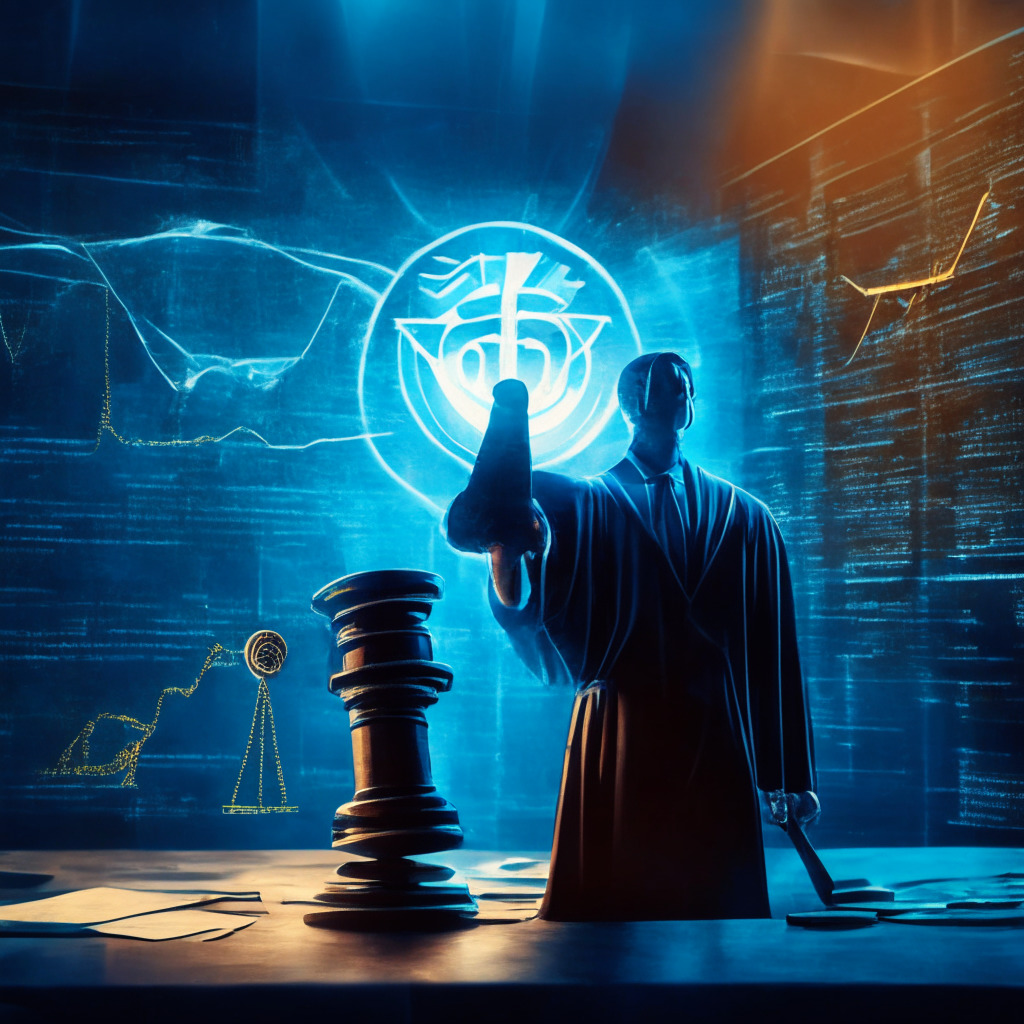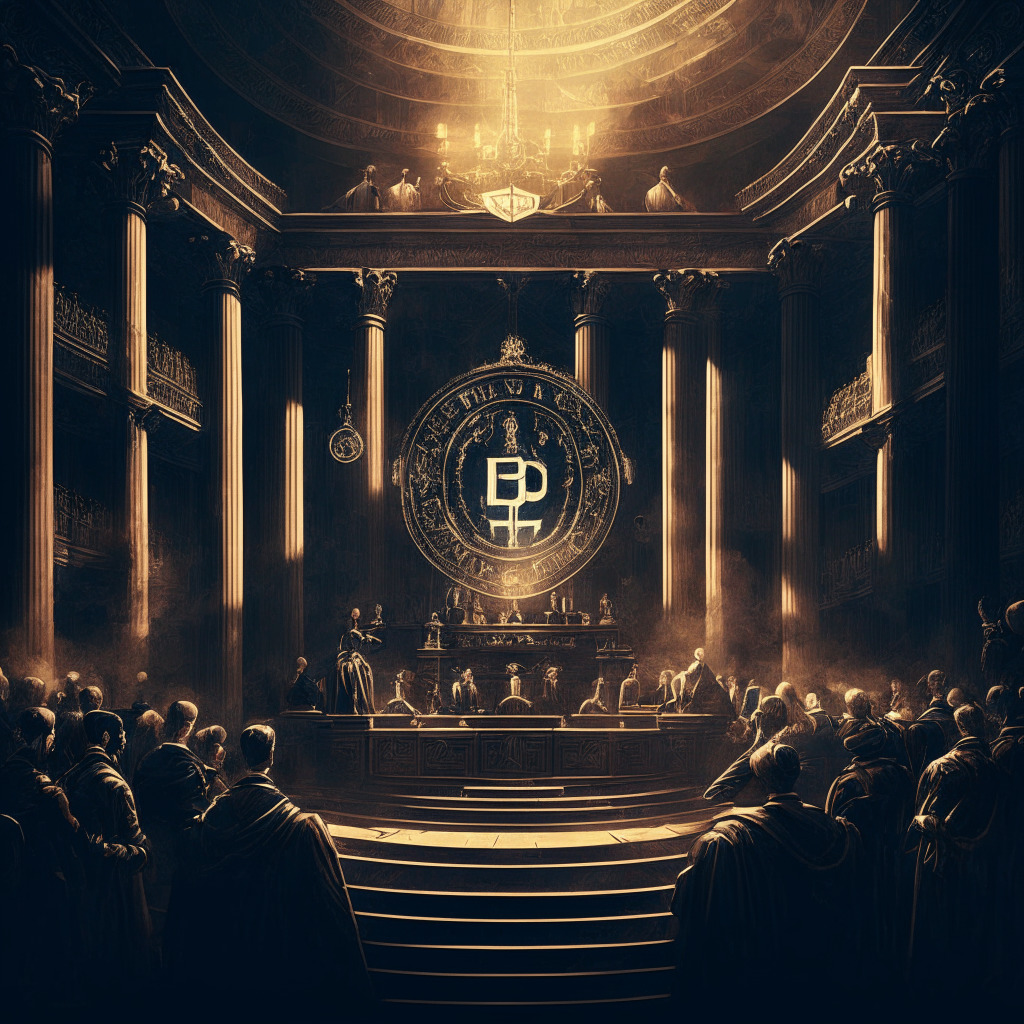Despite enduring a series of legal defeats, Gary Gensler, the chair of the United States Securities and Exchange Commission (SEC), continues to assert his agency’s authoritative stance on crypto regulation. Twenty-two years into the 21st century, Gensler plans to underscore to lawmakers that crypto assets are in fact securities that should fall under the regulatory purview of the SEC.
Potentially controversial is Gensler’s claim that the crypto industry’s widespread noncompliance with securities laws is a repetition of events from a century ago before federal securities laws were enacted. Armed with a steadfast belief in the Howey Test, a legal litmus test determining if an asset or transaction is a security, Gensler opines most crypto assets meet the criteria of the Howey Test.
On the other side of the ring, the recent tides of the court have not been favorable to Gensler or the SEC. In July, Judge Analisa Torres ruled in favor of Ripple, concluding that the sales of XRP tokens to retail consumers did not infract federal securities laws. The SEC, not deterred from its staunch stance, is currently working on appealing this decision.
By the end of August, the SEC had suffered another blow when it lost out to Grayscale, with the judge declaring the regulator’s rejection of Grayscale’s ETF request as “arbitrary and capricious”. This predictably spurred an appeal from blockchain-based payments network LBRY, that decided to challenge a verdict against it instead of folding operations.
Through all of this, Gensler emphasizes that most crypto tokens could potentially meet the investment contract test. This implies that crypto intermediaries may also have to uphold the securities laws, according to the SEC chief. But the root contention arises from the fundamental question – are crypto assets truly securities? And should they be governed by the same set of rules devised for traditional securities? As this increasingly heated exchange occurs between regulators, the courts, and crypto companies, industry followers are anxiously eyeing the evolving landscape for clues of what direction the future of crypto regulation might take.
Source: Cointelegraph




